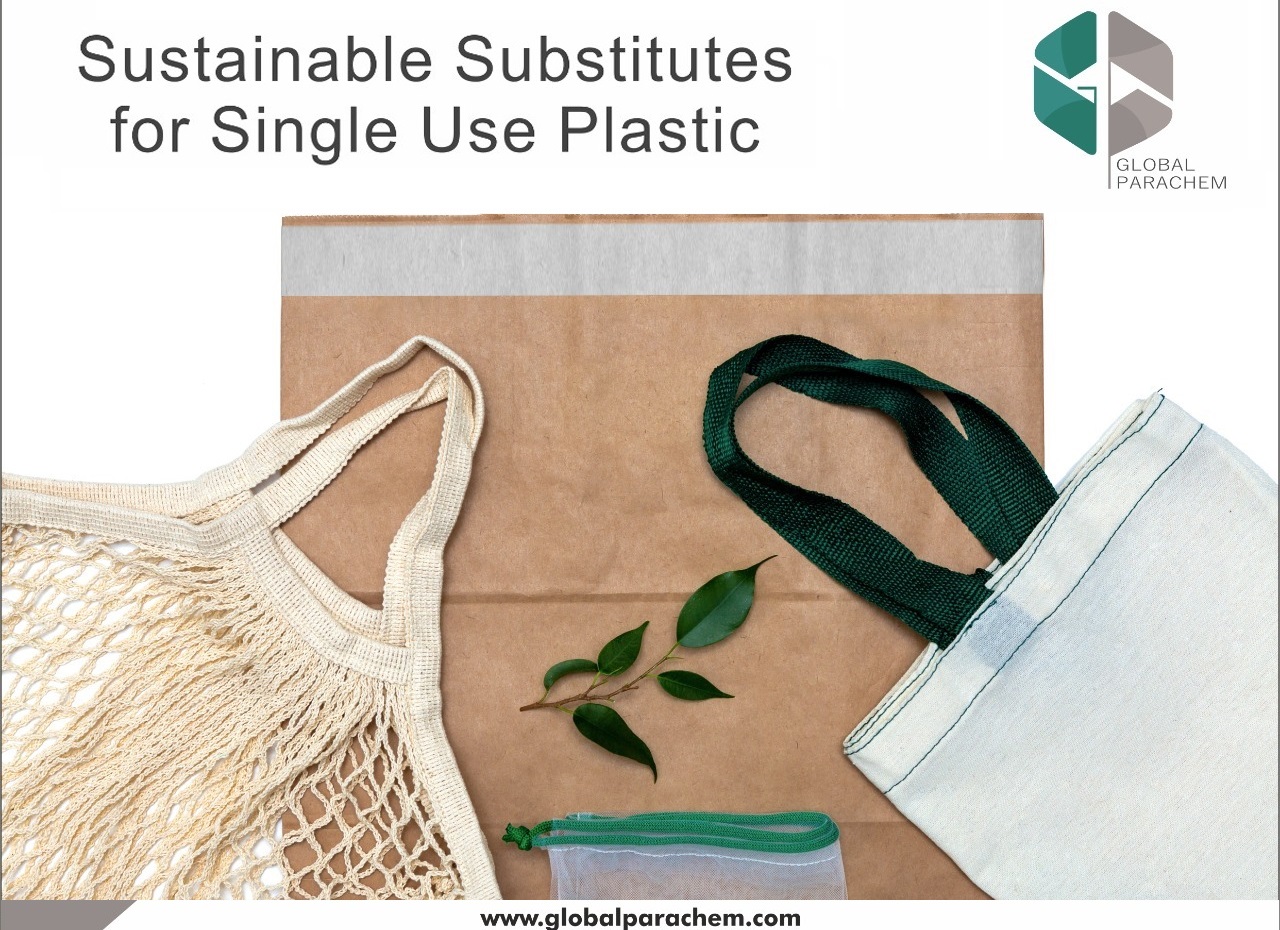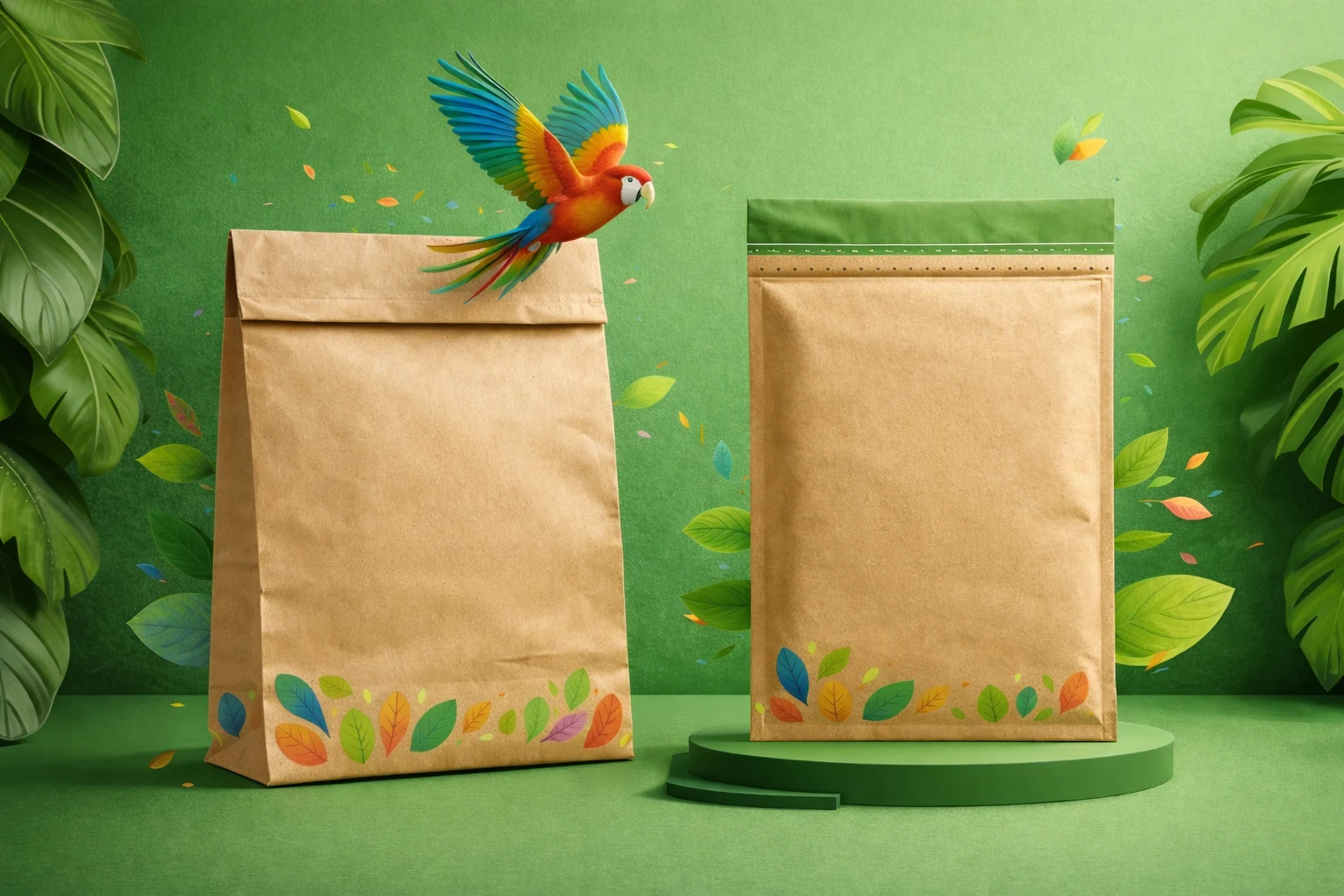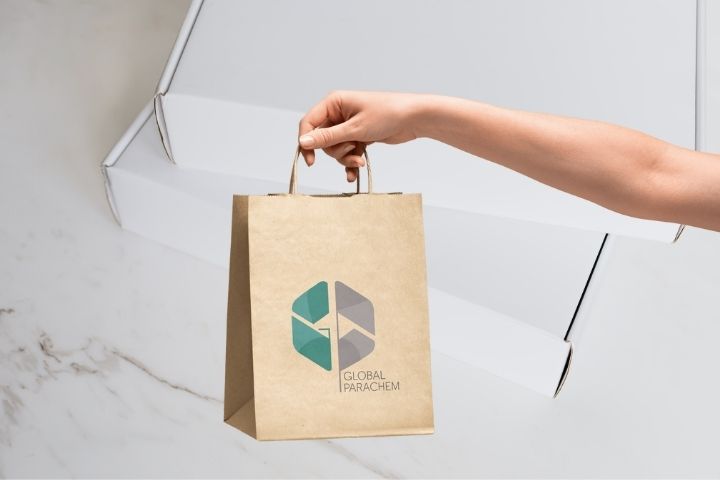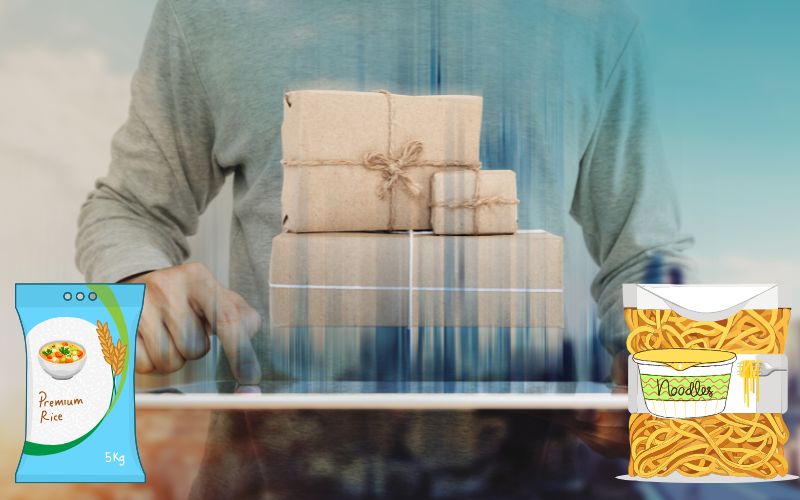
The Ministry Of Environment Forest And Climate Change has enforced a blanket ban on certain single use plastic articles that have “low utility and high littering potential” from July 1st, 2022; as notified in the Plastic Waste Management Amendment Rules, 2021 Rules.. Under this new mandate: manufacturing, importing, stocking, distributing, selling, and using certain single-use plastic products will be prohibited with immediate effect from the 1st July, 2022.
Plastic straws, sticks for candy, ice-cream and balloons, cutlery, cigarette packets, earbuds, among others: all are banned with immediate effect. This ban on a handful of everyday items is but the beginning of an ambitious and long-drawn out plan for phasing out plastic entirely. Plastic manufacturers are only permitted to produce plastic bags with a minimum thickness of 120 microns from the 31st December, 2022; plastic bags with higher thickness are more recyclable and easier to handle vis a vis waste management. This in itself is a significant legislative step our government has taken for phasing out harmful single use plastic. While many scoff at these seemingly inadequate bans and legislations with regard to certain single use plastic products, we had to begin somewhere, somehow: even if we have to begin again, and again. The goal is to never stop till a plastic free future becomes present
Where’s the plastic in your life?
Your life is plastic, and you should know it. Now don’t take it personally, it’s just simple facts. Plastic products bleach out micro- plastics over time, even when they’re being recycled, and these imperceptible plastic particles have found their way into every living being in this Anthropocene age we live in. Everything made of plastic- our appliances, phones, computers, wires, cutlery, clothes, vehicles, wrappers, and so on: all bleach plastic. Look further and all our food packaging has some plastic in it- chocolates, biscuits, candy, teas, coffees, cheese, meat, yogurt, milk, cardboard- all have some plastic packaging, even if the rest is wrapped in paper to greenwash consumers. Even soft drink cans are lined with plastic to keep the contents fresh. Personal care products like shampoos, creams and make up contain synthetic polymers and micro-beads made of plastic. Your favourite dental floss is often made from plastic based materials.
Fabrics like nylon, rayon, polyester, acrylic yarns and fabrics are all plastic. When you wash them, they each shed many millions of microscopic plastic fibres that eventually wind up in waterways and back into you. Your kids aren’t safe either because a lot of baby wipes and disposable diapers contain plastic- the absorbents are made from polymer and petroleum-based plastic or plastic-treated fabrics- yikes! Even your average disposable sanitary napkin has about two grams of plastic in it. Most coffee and tea cups that seem to be paper-based are made in fact made of plastic in some measure. It’s everywhere, all at once; and phasing out plastic in one go will quite literally lead to the collapse of civilisation as we know it: and a gradual phasing out is the only way forward.
Plastic is India’s problem too, you know
Most countries have significant legislative and legal provisions in place for phasing out, or banning plastic in some form, and India, though late to the party, has come indeed. If you’d like to know, according to a report by the Central Pollution Control Board of India (CPCB) to Address Plastic Pollution- for a period of one year between 2018-2019, 3.3 million metric tonnes of plastic waste was generated by Indians alone, with many other reports suggesting the numbers were a gross underestimation.
This fact however is uncontested- out of all the plastic waste produced in the world, 79% enters the environment. So you can do the math. While it’s true that Indians don’t generate as much plastic as other countries per capita, it’s extremely concerning and requires our collective attention and commitment immediately. Collectivism not recidivism is what we need.
Papering Over the Packs
The most readily available substitute for plastic products is paper, and after the ban came into effect: demand for disposable paper items like cups, boxes, straws, bags, cans, and other paper-based products packaging will surely increase. However, paper products do not afford the same utilities as single use plastic products. Paper products won’t be transparent, nor be able to withhold liquid, but there are ways the industry can change this: by coating paper with a layer or two of polymer or metallic foil. These products do face problems while recycling and other strategies with chemical additives are limited for food packaging due to the high safety and health standards in food packaging. There are other truly promising alternatives like edible additives for cellulosic paper, particularly for food packaging.
These edible additives will be biobased polymers like starch, protein, chitosan, carboxymethylcellulose, protein, and rosin. Even mineral particles like calcium carbonate, bentonite, and silica are promising edible additives that can be used for internal and surface applications alike. This can make for greater mechanical strength, resistance to water, and protective properties for products
Paper Shopping Bags
The ban on single use plastic bags has already raised demand for paper shopping bags, paper mailer bags, Kraft paper based products, starch based products, and other viable alternatives. However, these products are just too costly right now: for both sellers and consumers. They also don’t boast of any particularly great inferior mechanical strength. Paper shopping bags do face many hurdles on the path to large-scale replacement of single use plastic shopping bags.
For paper producers, “wet-end and surface strategies” like permissible use of chemical additives such as rosin, alkyl ketene dimer, and alkenyl succinic anhydride can vastly improve water resistance in paper shopping bags. Also, surface sizing has come to prove itself as an effective means for improving the physical and mechanical strength of paper, its protective or barrier properties, water and oil tolerance and surface morphology.
The science aside, collective efforts on an international scale are what we need if we are to develop widely available and affordable sustainable substitutes and advanced manufacturing technology that can produce high-performance paper for all types of paper shopping and commerce.
Polymers Of Possibility
Researchers at the Indian Institute of Science, Bengaluru (IISc) have recently found an alternate way with good potential for substituting single use plastic. The findings have shown non-edible castor oil as a good additive when used for making the polymers through reactions with the cellulose that is extracted from stubble and a di-isocyanate compound. These new polymers can be moulded into sturdy sheets that have favourable properties for making reliable bags, cutlery, containers, boxes, and so on. The entire product is biodegradable, leak-proof and non-toxic. If rolled out, this product alone may be able to solve the single use plastic problem. It can also serve as a significant solution to the annual spike in winter pollution over north India due to agricultural stubble burning. The stubble is needed for creating this sustainable polymer and farmers can sell it for a profit, instead of just burning it over all of north India. It has also shown great promise in healthcare use.
Your plastic free future starts now
While a plastic free future is truly achievable and wonderful to think of alike, we must start acting now if we are to sustain till then. You can change the world, today, right now: if you want. Break the habitual use of plastic you may be indulging in.
Sustainable Packaging Substitutes for single use plastic
If you want to see less plastic: don’t use it.
From 1st July, 2022, there won’t be any plastic bags to carry groceries and other items anyway, so here’s what you can do to remove plastic from your life altogether.
Bags
If you’re using a single-use plastic shopping bags: go for reusable bags or paper bags for now or carry baskets like it’s 1516.
If you’re into farming and agriculture, replace single use plastic produce bags with reusable produce bags, you can even store your produce in airtight containers or leave it loose.
Instead of plastic packed items, you can opt for unpacked products or those that come in glass or metal packaging; which can be reused. If you need to carry big bulky things, you can use cloth bags or carry containers from home.
Dining out
Instead of plastic or thermocol disposable cups, you can use disposable paper cups that are made of paper without single use plastic lining. Use glass or steel cups if you can’t find paper cups.
Carry your cutlery, it’s 2022, nobody cares.
Go for reusable glass, steel, or bamboo straws, carry them if you’re going out.
At home
Replace plastic containers with glass or metal containers, and plastic bags with silicone bags.
Replace that micro-plastic filled liquid dish soap and go for powder and a soap mix: make your own from a soap bar.
Go for baking soda or a kitchen stone for tough cleaning jobs instead of harmful chemical cleaners.
Use a natural sponge like a luffa instead of plastic scrubs. Scrubs, toiletries, and cutlery are also available in bamboo over the internet.
You just need to type “sustainable alternatives to single use plastic” to access many other means of eliminating plastic from your life. Starting today.
Looking for Sustainable Packaging Substitutes?




Leave a comment